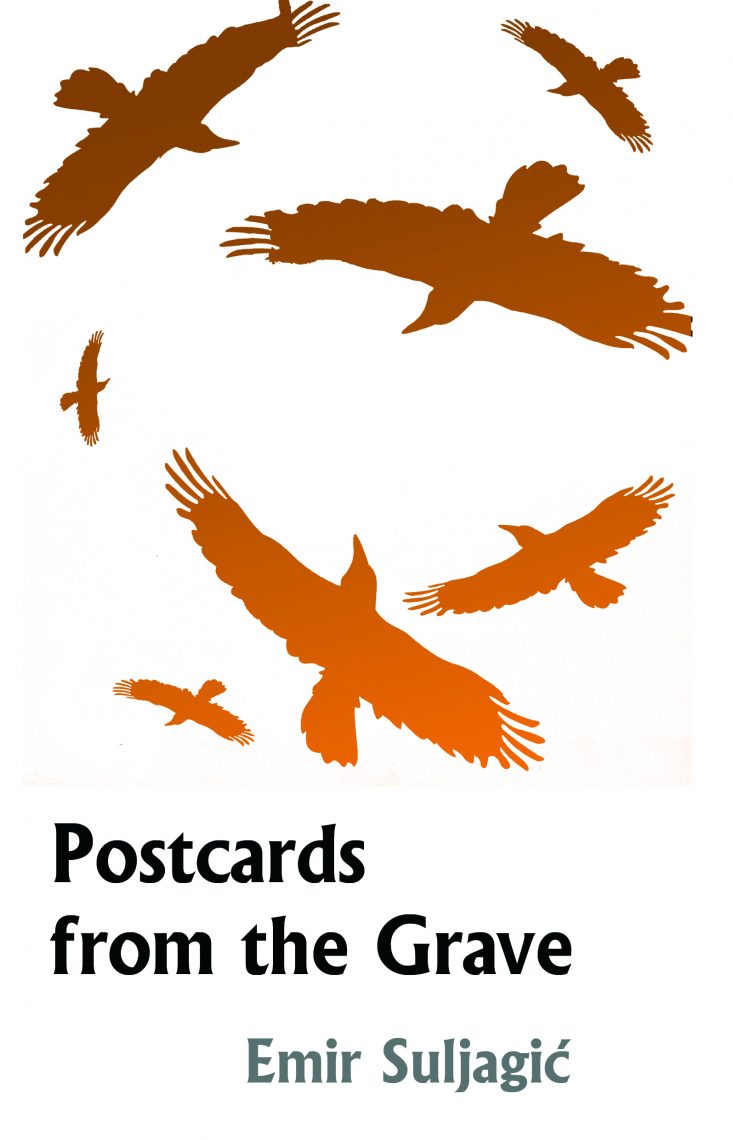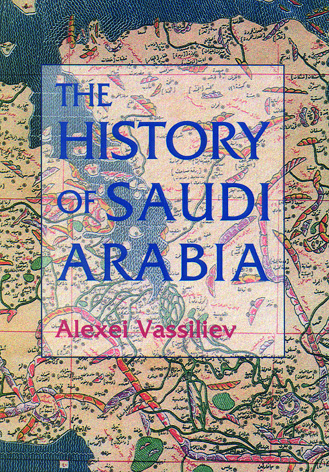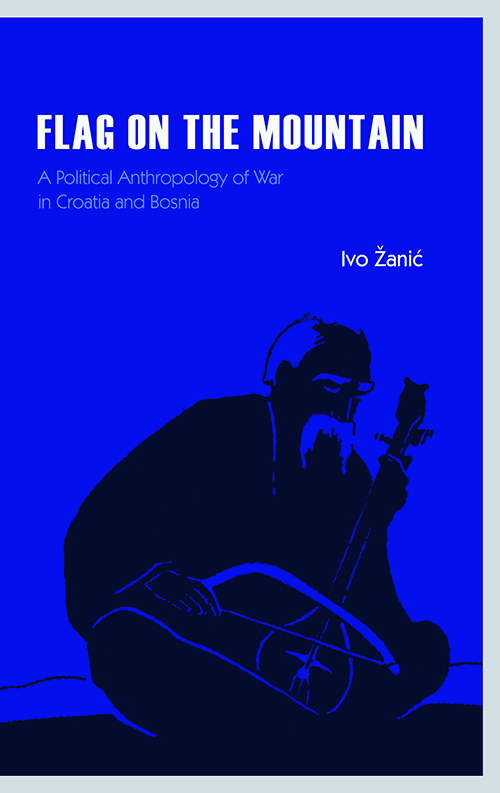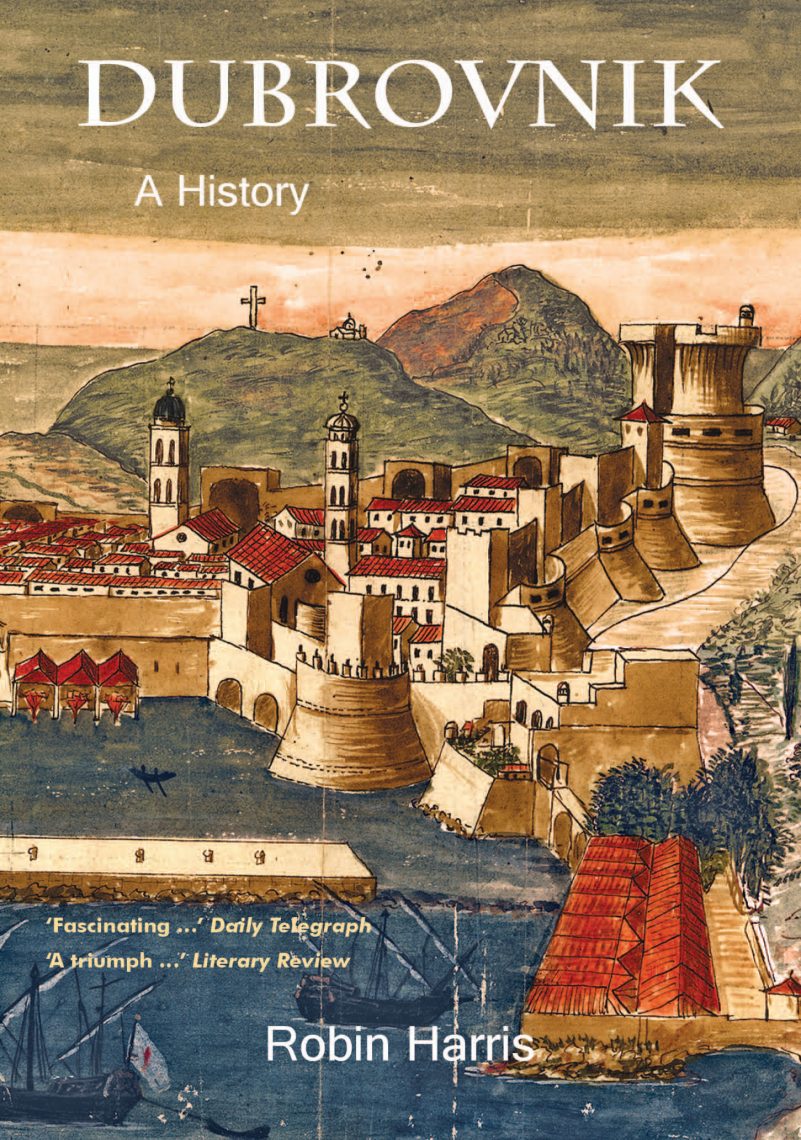- You cannot add "Flag on the Mountain" to the basket because the product is out of stock.
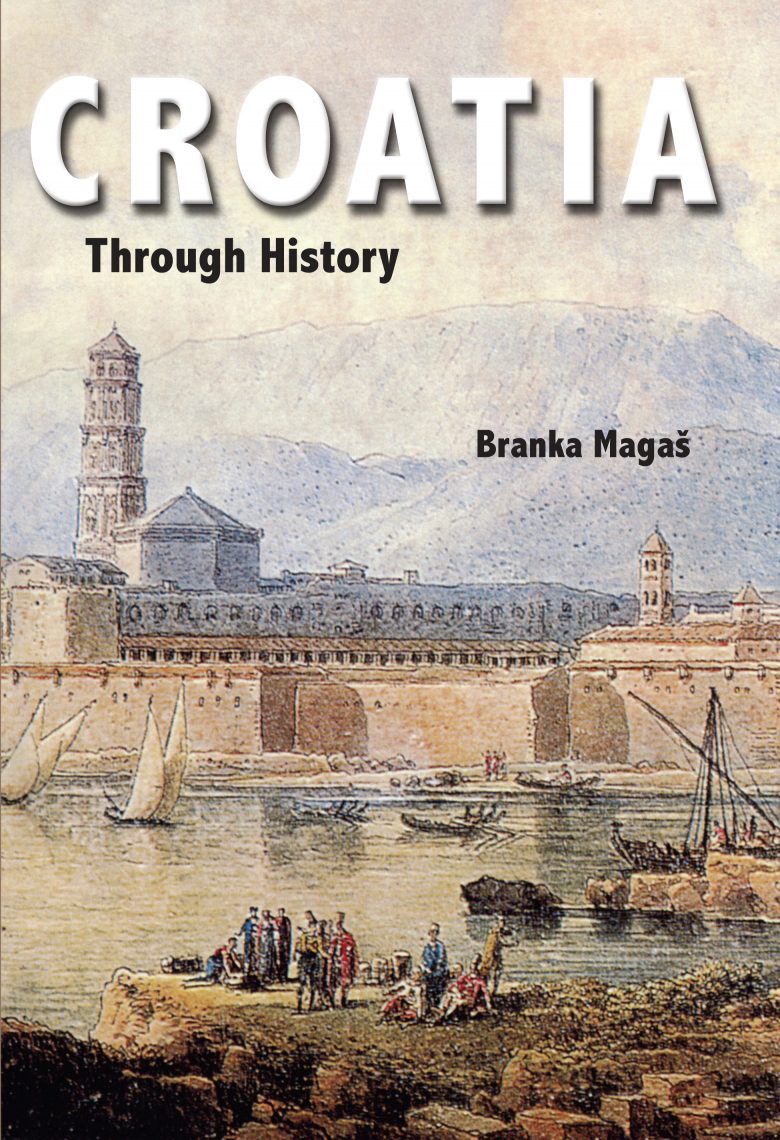
Croatia Through History
£45.00
Out of stock
About the Book
This ground-breaking work recounts Croatia’s development from its inception in the early Middle Ages to the present day. Croatia Through History examines institutions, ideology, social evolution and political strategy to explain crucial turning points in the country’s complex past.
For centuries Croatia was territorially and administratively divided between various states, and at times even threatened with extinction. Branka Magaš makes sense of the whole by tracing the concurrent evolution of Croatia’s component parts and their gradual integration into a single polity, despite long-standing historical, ethnic, linguistic, cultural and confessional divisions.
She shows how the country’s struggle for survival produced a multitude of national ideologies, some of which advocated independent statehood while others sought Croatia’s security in an Austrian, Yugoslav or European federation. Skilfully navigating Croatia’s turbulent history, Magaš evokes the pluralistic, multi-faceted nationalism underpinning modern Europe.
About the Author
Branka Magaš is the author of Croatia Through History (Saqi Books), The Destruction of Yugoslavia (Verso) and co-editor of The War in Croatia and Bosnia-Herzegovina (Frank Cass). A respected commentator on the former Yugoslavia, she has been closely involved as a consultant with the London-based Bosnian Institute.
Reviews
'Branka Magaš's book is an authoritative attempt to shed light on the development of Croatia from the early Middle Ages to the end of the 20th century ... A highly valuable book.' The Irish Times
'This book is a valuable and important addition to the historiography of Croatia.' Christopher Cviic, the Royal Institute of International Affairs
'One comes away from a reading [this] book with a fuller appreciation of how Croatia has continued to be a full-fledged and active member in the culture of Europe while at the same time it has managed to retain its own distinct identity.' Norman Cigar, Marine Corps University
